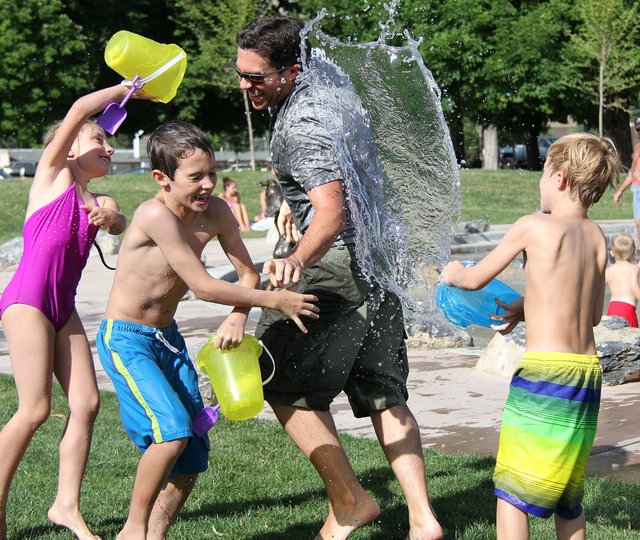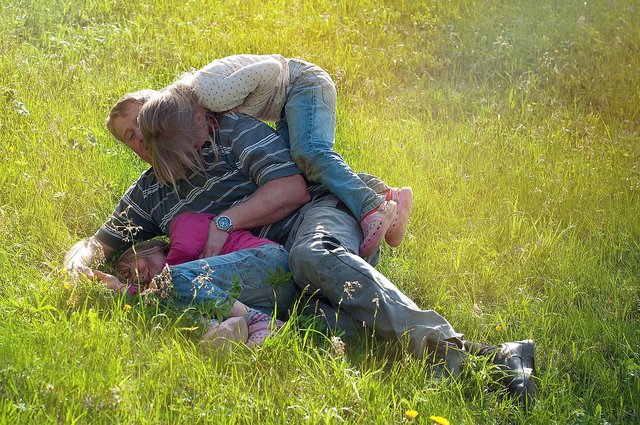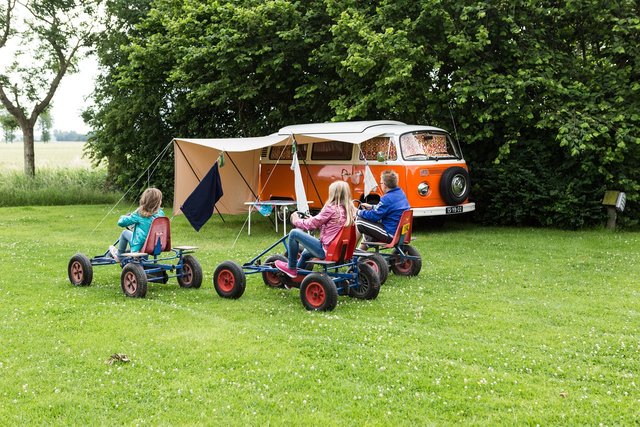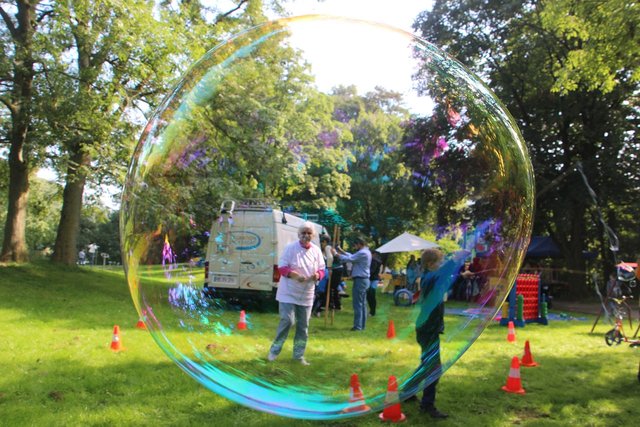The importance of play in child learning development
The children's game is experimentation, it starts from an internalized vision of the behaviors that their parents indirectly transmit.
If for parents the play of children is a simply fun activity that can complete or fill the children's days, keeping them busy learning or experimenting, for the child it is a difficult task that requires an important cognitive and experiential commitment.

Credits
The objective of this article is to make understandable the methodologies, the dynamics and the motivations that can hide behind a given behavior of children 's play . To face the growth of play and interaction with the child, we need to dwell on an aspect that permeates the interaction itself and which in turn modifies and structures the child's verbal or behavioral response. Every child plays and relates according to what are its peculiar modalities.
A child is like a little sailor; who wants to learn and learn, watching and experiencing everyday life. A sailor who needs someone to show him the horizon.
Children small safe harbor is made up of the family, which must not only nourish and defend them , but must try to recreate around them the most appropriate environment to let them live in small steps to what will be their future.

Credits
Children's play: sharing with adults
In the playing children it is seen as a playful exercise that they have to experience and learn to develop and enhance their skills and their psychological development. Not less important is the support that parents can put into place through shared supervision and active participation in the game , in order to become not just a mate of fun activity, but part of that moment.
This moment is very important and stimulating for both children and adults because it gives way to live together an experience: for children it is a learning of the game mode , a containment that stimulates it to enter the mechanism of sharing; for parents it is a pleasant moment in which to unload the hard life of an adult and return to a child for a few moments.
The game within the family environment can then be exported and proposed in the activity with peers.

Credits
This sharing method helps the child to feel more emotionally content by having the parent next to him, with whom he can relate and with whom he can confront without worrying about acceptance.
Every age has its own games and at every age the parent should adapt by participation according to the level of growth and cognitive skills that the child has reached. For the parent, the growth of the child's interests and the relative discovery of new and "different" games is a delicate moment: because the parent is no longer in a position to organize or prepare a game for the child but find the child playing different games of choice . In addition to being uniquely and simply formal, this difference brings with it other characteristics that range from the educational involvement to the accountability of the behavior that the child finds himself having in relational activities.
Participation in the game of children , if on the one hand can be seen by adults as an activity in which the happiness of the child prevails as a goal (therefore the game itself becomes sympathetic or a good game, if the child responds with a smile, with joy or with involvement), embodies a strategy that the child himself will make his generalization as a positive relational modality. It becomes a moment, a space, in which the child is able to relate serenely to the parent who should not, as during the day, contextualize and / or remedy some crying or some activity, but it is a space in which the child finds himself near a parent who wants nothing more than sharing from him.

Credits
The child learns that parent who knows how to play with him does not do it to get him a performance to be proud of, but he does it for the simple fact of being able to enjoy that moment that he has been waiting for all day.
Children are not simply small men who have to achieve development goals in statistical times but they are first of all human beings who need affective proximity and active supervision and participate in their development.
Serenity and happiness must not immediately be a goal to be achieved; initially, perhaps, it is the prerequisite for being able to cope with the cognitive challenges that development presents us with, but then we must live with the eyes of that child the surprises and challenges that development reserves.
To listen to the audio version of this article click on the play image.

Brought to you by @tts. If you find it useful please consider upvote this reply.
absolutely agree with this! Play is about the only thing kids should be doing until they are 12 years old!
Once again, happy to review your blog and enjoy your publication, every time, a better topic to increase the knowledge of our children. God bless everything you do.
Regards.
Truly support what you have written here! My school celebrates play-based learning the most.
The evolutionary and growth stages of children must be respected. People go through several stages and we must live them so as not to interrupt their development and growth ... Good post.
I would love to give me your help in my publications. Thank you.
You have been upvoted by the @sndbox-alpha! Our curation team is currently formed by @jeffbernst, @bitrocker2020, @jrswab & @teachblogger . We are seeking posts of the highest quality and we deem your endeavour as one of them. If you want to get to know more, feel free to check our blog.